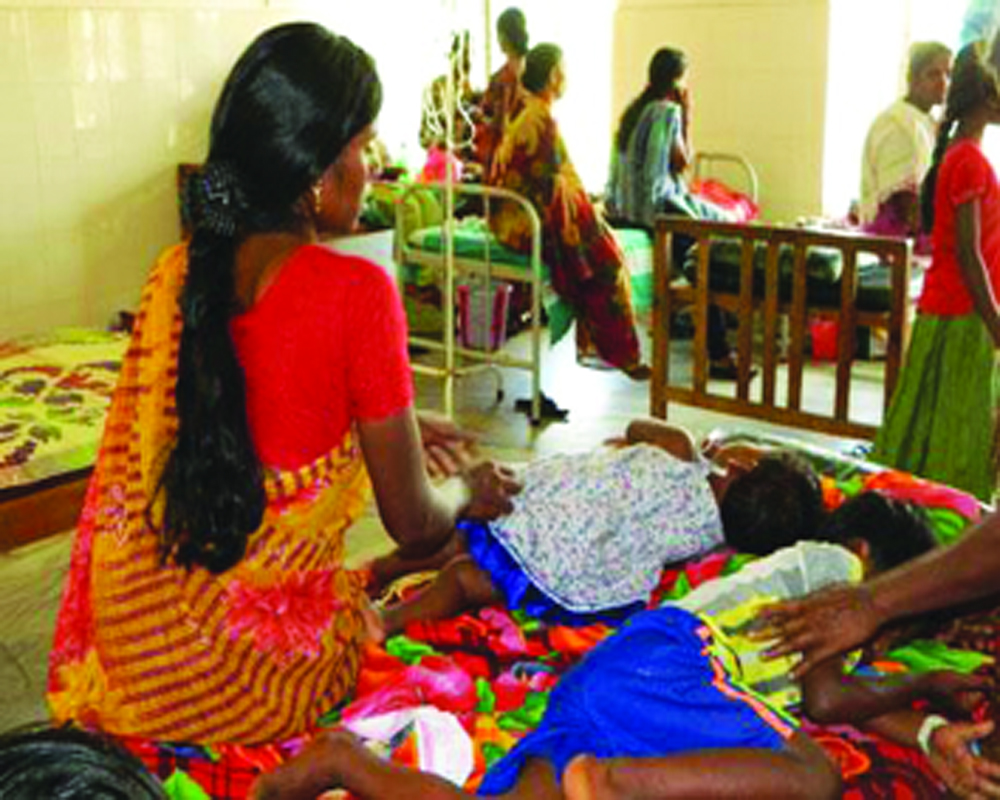The degrading condition of urban poor is a challenge that the Govt must take heed of
Health governance for the urban poor in India is chaotic at best, rendering them helpless, a study by the Azim Premji University in collaboration with a group of NGOs reveals. In a country where a third of the people living in urban areas are poor, mostly jobless, unable to get even a full meal a day, they are saddled with a disproportionate disease burden as well. The report draws attention to India’s best-kept of secrets: Welfare programmes rarely take into account the factors that make people poor. They are all about ameliorating their situation, but not for rooting out the causes. Otherwise, the situation of the urban poor, for example, would not have worsened, as it has done, during the COVID-19 lockdown in 2020-21. The pandemic left the urban poor poorer, hungrier and without nutrition than those in the rural areas who had family or relatives, and importantly the public distribution system, to fall back on in the lockdown period, and were able to pass their days off without going hungry. Their fellows in the cities, in comparison, fared worse. They came to the cities to find jobs no doubt, but the lockdown messed with their lives, made them lose their jobs as workplaces closed down, there were no wages and so, they had no access to food. The soup kitchens and the largesse from NGOs and the Government did help them, but not to the extent of not losing out on nutrition and health. The urban poor rarely have access to the public ration system and they ended up borrowing money for food. The rural poor had relatively better access to the social security schemes operating during the pandemic. Vulnerable groups among the urban poor, like families run by single women or people with disabilities and transgender people, fared badly, ironically at a time when India has had record food grain production.
The Azim Premji University report tells us how joblessness and hunger are now impacting their health. The lack of access to medical care for the urban poor is so bad that “the life expectancy among the poorest is lower by 9.1 years and 6.2 years among men and women, respectively, compared to the richest in urban areas”. What is worse, the multiplicity of health care providers, and the lack of coordination between them, is playing havoc with the health of the poor. Thirty per cent of the urban poor have no access to public health facilities and have to seek private sources, adding to their financial stress. The Government must address the problem of lack of administrative efficiency dogging the health governance system even as it tries to implement social security measures to provide subsidised food and employment guarantee for the poor in the urban areas. The number of the urban poor is only going to increase in the coming days. It is for the Government to coordinate its efforts better.


























